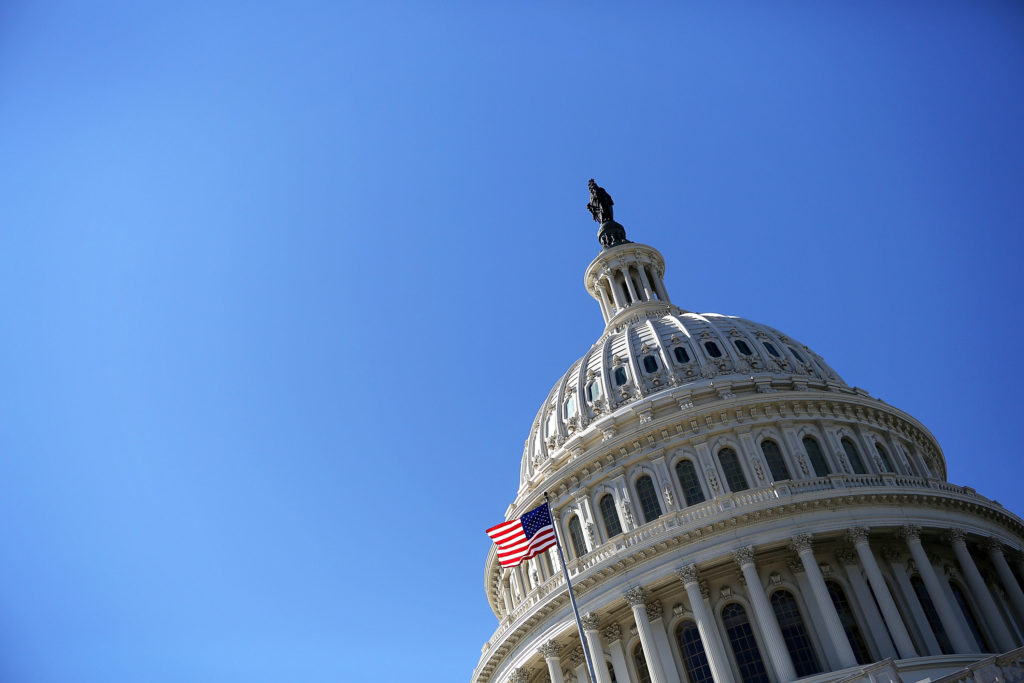
Blog by W. Stephen Love, President/CEO, DFW Hospital Council
In North Texas, we treat patients in our hospitals who support many cultural doctrines, so we steer clear of political discussion. We always try to advocate for public policy that improves coverage and treatment. We also strive to educate the community on emerging healthcare issues.
With that said, let’s discuss the single-payer system. It is a healthcare system where one entity – a single payer – collects all healthcare fees and pays for costs. The most popular “single payer” approach is called “Medicare for All.” While no details on coverage and funding have emerged, the discussion has centered on allowing individuals under 65 years of age to “buy-in” for Medicare coverage or add a public plan to the health insurance marketplaces. Analysts estimate these plans could cost $32 trillion over 10 years, even though the proposals do not identify a financing mechanism.
Taking a deeper dive, the “Medicare for All” could disrupt more than 180 million Americans in employer-provided health plans. Providers are lucky to break even on Medicare patients and oftentimes lose money. Congress’ own advisors reported hospitals in 2016 had a negative 9.6 percent Medicare margin.
Many physicians do not participate in the Medicare program due to rates and policy requirements. Rates, reimbursement adjustments and unpredictable reactions from the government do not allow for adequate planning.
My friend Dr. John McCracken, a professor at the University of Texas at Dallas, stated in a panel discussion last month, “The government never acts so badly as when it acts in haste.” A “Medicare for All” may not completely stop competition, but it would certainly curtail it. Competition drives innovation and the private sector has produced some extraordinary medical breakthroughs in recent years.
We are all stakeholders in reducing healthcare cost and there is no question the Affordable Care Act (ACA) can be improved. We should strive to expand coverage, especially in states such as Texas. We should strengthen health insurance marketplaces by improving their stability and affordability. Robust enrollment efforts need a strategy that connects individuals to coverage and keeps them enrolled for multiple years.
Let’s refine and improve our current healthcare system before we implement a single-payer system.
What is the single-payer system?
02/19/2019